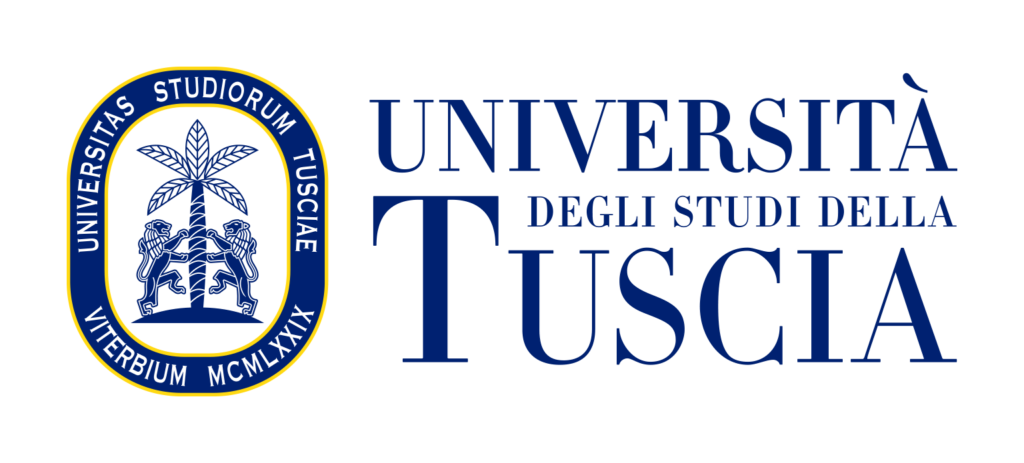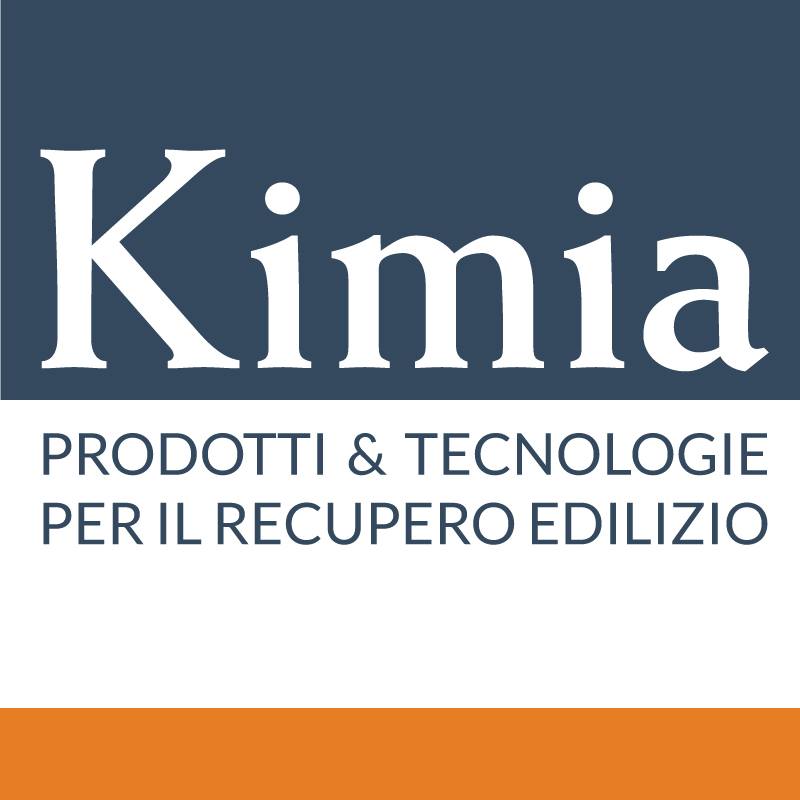Università degli Studi della Tuscia

The University of Tuscia is the coordinator of the ECOPLASTER project. The departments directly involved in the project are the Department of Economics, Engineering, Society and Business Organization (DEIM) and the Department for Innovation in Biological, Agro-Food and Forest Systems (DIBAF).
DEIM will participate with the working group coordinated by Prof. Marco Barbanera, who deals with the valorisation of biomass through the study of innovative processes of energy and industrial transformation and the analysis of the sustainability of products and processes based on life cycle assessment.
Concurrently, DIBAF will participate with the working group coordinated by Prof. Maurizio Petruccioli, dealing with White Biotechnologies, which aims to develop alternative processes to chemical syntheses that involve the use of enzymes and/or microorganisms to obtain biomolecules, enzymes, etc.
Kimia S.p.A.

Kimia S.p.A. nasce a Perugia nel 1979 come un’azienda che si propone di sviluppare e studiare soluzioni specifiche per il recupero edilizio e il consolidamento strutturale.
The company constantly collaborates with universities and research centres to increase its knowledge, keep up with the evolution of the regulations and develop ever-better technical solutions both in terms of characteristics and performance.
Kimia S.p.A. is also a member of two of the most important national associations in the sector: Assorestauro and Assocompositi. They collaborate to spread the culture of building renovation, the promotion of Made in Italy and the internationalisation of associated companies.
Ecologia Viterbo S.r.l.

Ecologia Viterbo S.r.l. (ECOVT) is a company that operates in the entire waste cycle sector. The Company built and has been managing the plant facility consisting of a mechanical biological treatment (MBT) plant and a landfill in the post-management phase located in Viterbo – Casale Bussi as well as the operational landfill for non-hazardous waste located in Viterbo – Loc. Le Fornaci.
The plant has been operating since 1998 and carries out the selection and treatment of municipal solid waste (MSW) aimed at the production of waste-derived fuel (WDF), secondary solid fuel (SSF) and stabilised organic fraction (SOF), as well as the recovery of metals and the volumetric reduction of waste.
By promoting initiatives aimed at reducing the environmental impacts associated with waste management activities, Ecologia Viterbo S.r.l. has recently created an in situ filtration treatment system for landfill leachate based on reverse osmosis membranes. It produces purified water to be recovered and/or introduced into the existing collection network and a concentrate to be reinserted into the reservoir.


